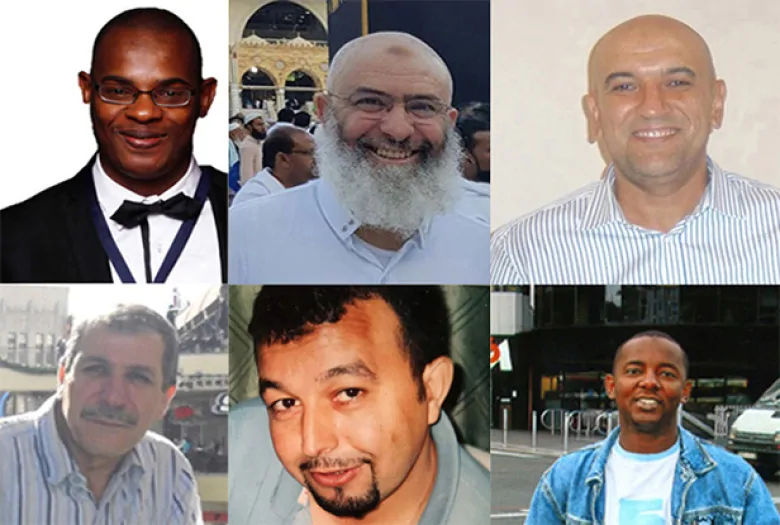Overcoming the global rise of the far-right and Islamophobia means Canada must honestly address its own entrenched racism and extremism, writes Neha Ahmed.
This column is an opinion by Neha Ahmed, a public health practitioner and organizer working to address issues of Islamophobia, racism, immigrant and refugee health and other areas of social justice. For more information about CBC’s Opinion section, please see the FAQ.
On March 15, 2019, two mosques were attacked in Christchurch, New Zealand, resulting in the deaths of 51 people and leaving 49 injured. The accused gunman, a self-described white supremacist, has pleaded not guilty and is scheduled to stand trial in June.
A year later, I can still vividly recall following news of the attack from Edmonton and thinking about my family in Toronto, many of whom would also have been attending mosque that day for Friday prayers.
The news of fellow Muslims being gunned down while at prayer filled me with quiet despair. But I was not surprised that such an act had taken place.
As I spoke to family and friends and went online to seek information, this lack of surprise was a strong undercurrent among the public expressions of grief. And it is perhaps one of the most damning indictments of the current political moment.
The rise of racist, white-supremacist and anti-Muslim rhetoric around the globe has continued apace. One of the same Christchurch mosques that was attacked last year recently received a threatening message, for example.
Sadly, Muslims are no longer surprised that they are being attacked for simply practising their faith — even in Canada, one of the most multicultural countries in the world.
Canada has not been immune to this phenomenon of rising hatred. In 2017, a mosque in Quebec was the target of a killing spree that took the lives of six people and solidified the dangerous atmosphere of anti-Muslim sentiment in this country.

It is estimated that there are more than 100 far-right and white supremacist groups scattered all across Canada.
The efforts of researchers and community organizers have indicated that some of these groups are seeking to arm and train themselves for combat, and that their rhetoric is disturbingly violent. Hate groups have held rallies in cities across the country, spreading their vitriol. And for the first time in decades, there is now an officially registered neo-Nazi party in Canada.
In fact, news of Canadian political actors displaying hateful behaviour or support for extremist views online and offline is seemingly so commonplace, it barely registers in the public discourse. As a case in point, during the 2019 provincial election in Alberta, PressProgress published a list of 30 candidates accused of promoting hateful views against a range of minority and cultural groups.
In the 2019 federal election campaign, Conservative leader Andrew Scheer’s campaign manager was Hamish Marshall, a key figure at Rebel Media, the far-right media house known for its anti-Muslim and anti-immigrant leanings.
Maxim Bernier and his People’s Party of Canada also have a hist

